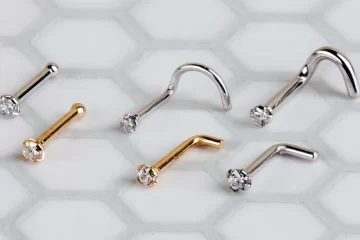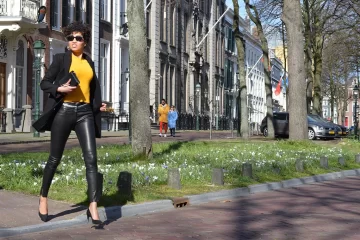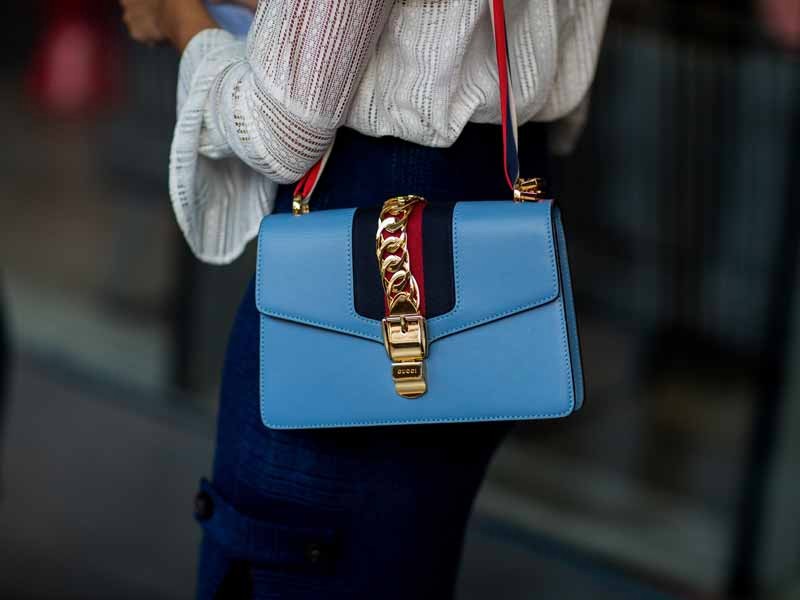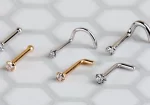Bruce Weber Offers Photo Composition Tips for Capturing Dog Photographs
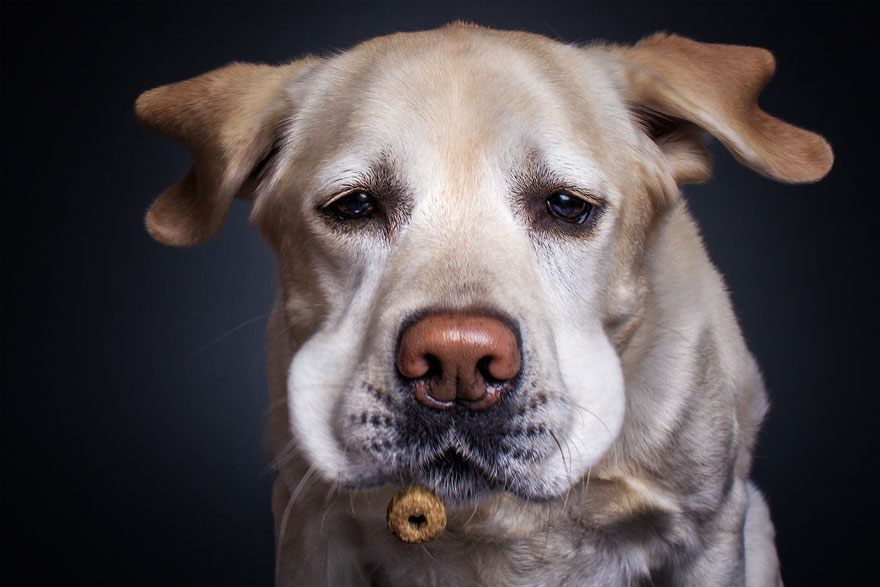
Pet photography has emerged as one of the fastest growing photography genres over the decades. A number of dedicated photography blogs and websites keep cropping regularly. While the inherent cuteness of pets, especially popular ones like cats and dogs, does play a huge role in the popularity of pet photography, it is important to understand that a lot of work goes behind each perfect picture of an adorable pet. Experienced photographers like Bruce Weber use a certain set of photo composition techniques that helps them to capture images that beautifully reflect the character of their furry friends. Bruce himself is a huge dog lover, and often includes his golden retrievers in his professional work.
Right techniques, smart strategizing and a lot of patience are crucial to dog photography. As opposed to human models who understand what the photographer is trying to do, pets hardly can follow specific instructions. After all, one cannot tell their dog to smile or look pensive. Hence, the photographer has to be patient enough till their furry companion ultimately gets to the ideal expression and pose. Here are a few dog photo composition pointers that photographers may follow:
- Take control of the background: Most people photograph pets naturally as they play. While this is not a bad practice, paying attention to the background is important. The wrong background can bring down the impact of the photograph. Even though it can be challenging to lure a pet into the perfect spot, one must have the patience to do so. They can always use treats or toys to attract the pet into the ideal setting. Using solid background for indoor photos of dogs can be a good idea. The background color has to be selected in a manner that it complements the fur of the dog.
- Get on their level: Images shot from the eye level are ideally more attractive to the viewers are helps in inducing empathy. But this does not mean that all photographs have to be taken from the same perspective. One should keep their natural, standing-up viewpoint for a few chosen shots.
- Master the exposure: Getting the right exposure is crucial in pet photography as one may only have a single chance to nail the perfect composition. People cannot always depend entirely on the meter of their camera, as it can be tricked by the coat color of the dog. Black fur may appear gray as the meter detects a darker composition, while white pups can appear dull as the camera thinks they are too white. Exposure composition has to be smartly used to make up for these metering flaws.
One should always try to play with angles and perspectives, and not be afraid of experimenting while photographing their dogs. Amateur photographers can always check out the works of experienced professionals like Bruce Weber for inspiration. His enduring affinity for canines prevails in his books. Weber’s love for canine began with massive New found lands, before he found a perfect partnership with Golden Retrievers.


